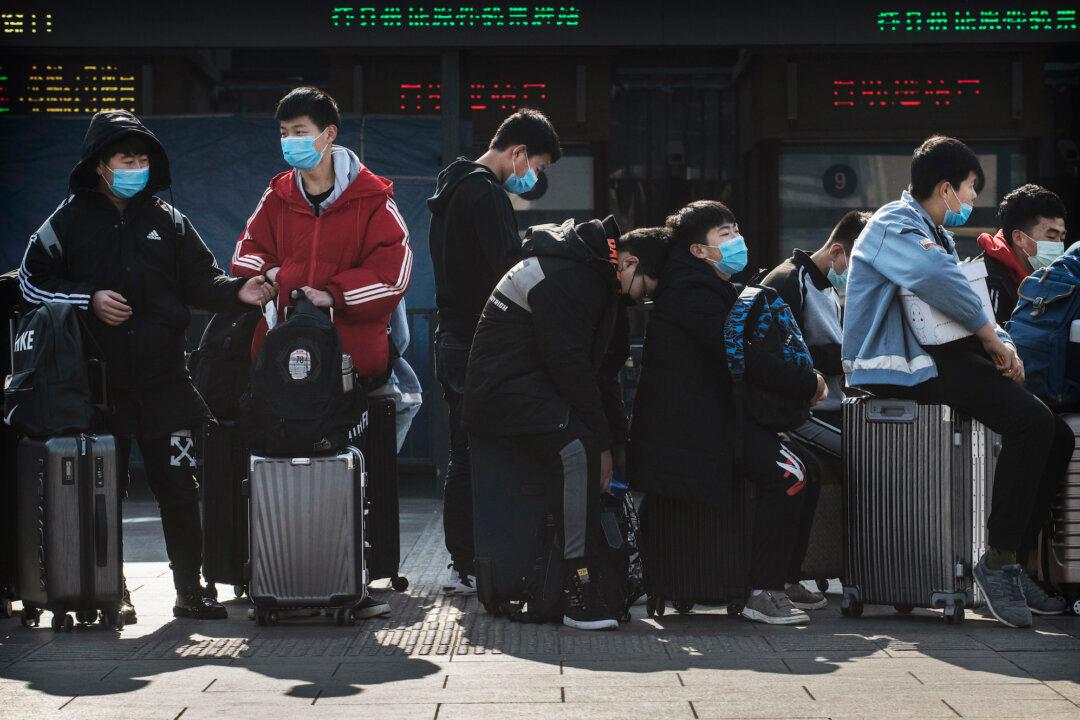Foreign students won’t be able to stay in the United States if their universities decide to entirely rely on remote learning, according to new plans released by Immigration and Customs Enforcement (ICE) on Monday.
Foreigners are usually required to take no more than one class or three credit hours online for each semester, otherwise they would risk having their student visa denied or revoked. The Student and Exchange Visitor Program (SEVP), an ICE program that oversees foreign nationals on F and M visas, temporarily suspended this policy, allowing foreign students to take more online courses than “normally permitted by federal regulation” while keeping their non-immigrant status throughout spring and summer, as institutions across the country shifted to online education due to the pandemic.





